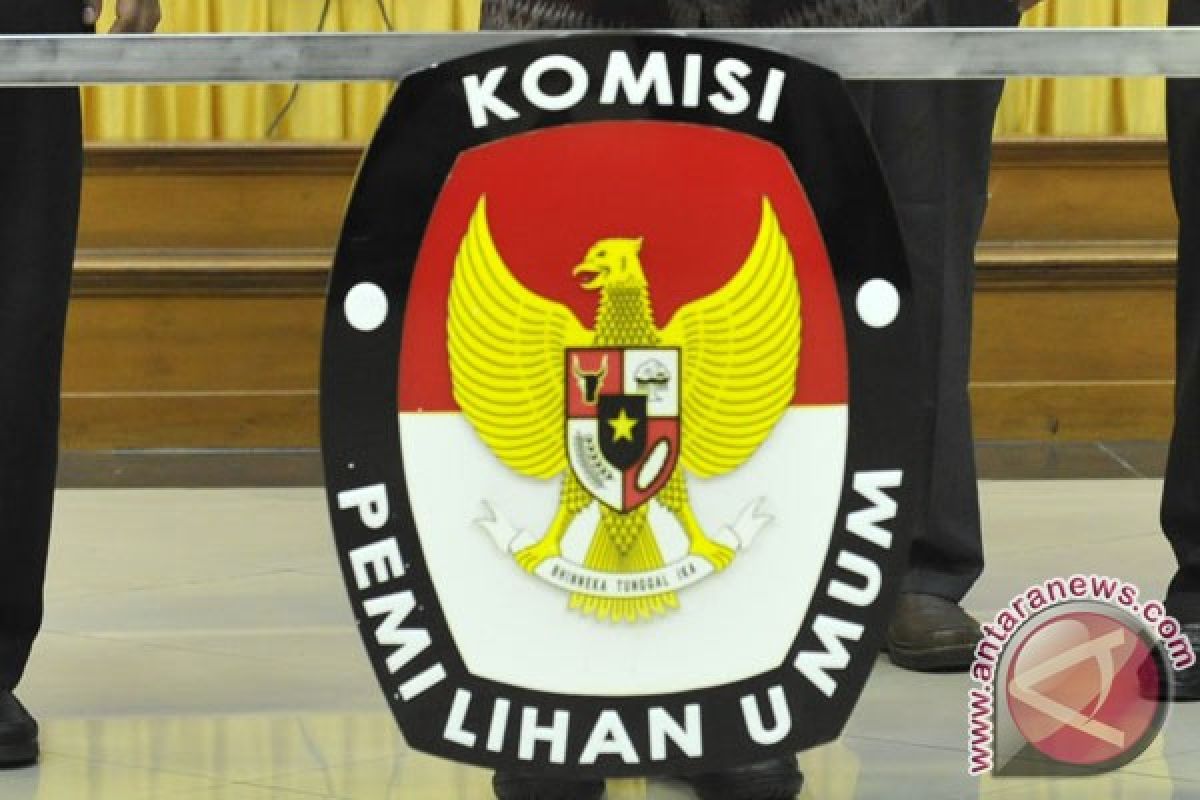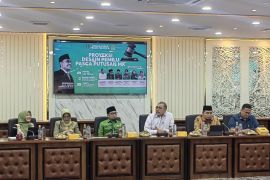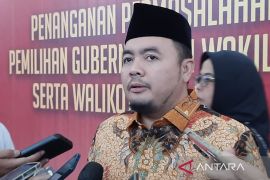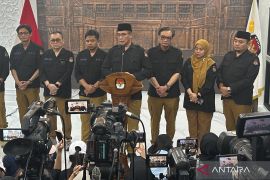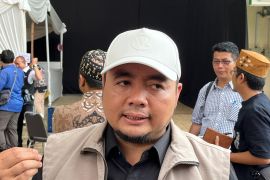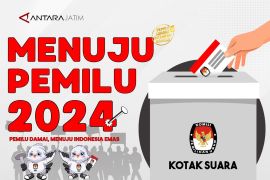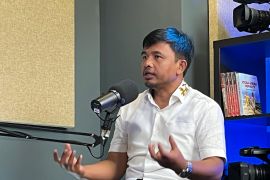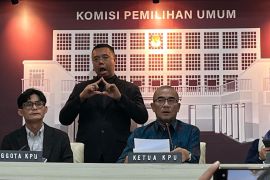Securing the KPU Internet network was crucial, although next year`s elections would not use e-voting, Persadha stated here, Monday.
The Commission, however, will conduct a quick count of the ballots and make it public on its website, he added.
"Lest hackers manipulate results of the quick count of the elections 2019 because it could create public chaos," the former chief of the National Encryption Agency`s KPU Information Technology Security for the 2014 Elections, stated.
Persadha pointed to rampant duplication of electronic identity cards (e-ID cards), leading to the circulation of fake e-ID cards.
Persadha, chairman of the Communication and Information System Security Research Center, called on the KPU to involve other experts, such as from the National Cyber and Encryption Agency (BSSN), Indonesian Police`s Cyber Crime, Communication and Informatics Ministry, and Agency for Technology Application and Research.
"Coordination and routine checking must be conducted as preventive measures," he noted.
Presidential and legislative elections will be organized directly, democratically, and simultaneously across Indonesia on April 17, 2019, which will be the fourth so far.
Indonesia had, in fact, held its first elections since 1955, but it was not direct elections.
Some 185 million eligible voters are expected to participate in the elections. The KPU has received the final official voter list (DPT) from the Home Affairs Ministry based on the data of the Indonesian people.
However, the DPT is currently being sorted and re-checked following findings on duplicate voter names in the list.
The KPU is currently sorting and correcting the DPT for a period of 60 days, or up to December 2018.
Reporting by D Kliwantoro
Editing by Fardah Assegaf, Bustanudin
Reporter: Antara
Editor: Suharto
Copyright © ANTARA 2018
